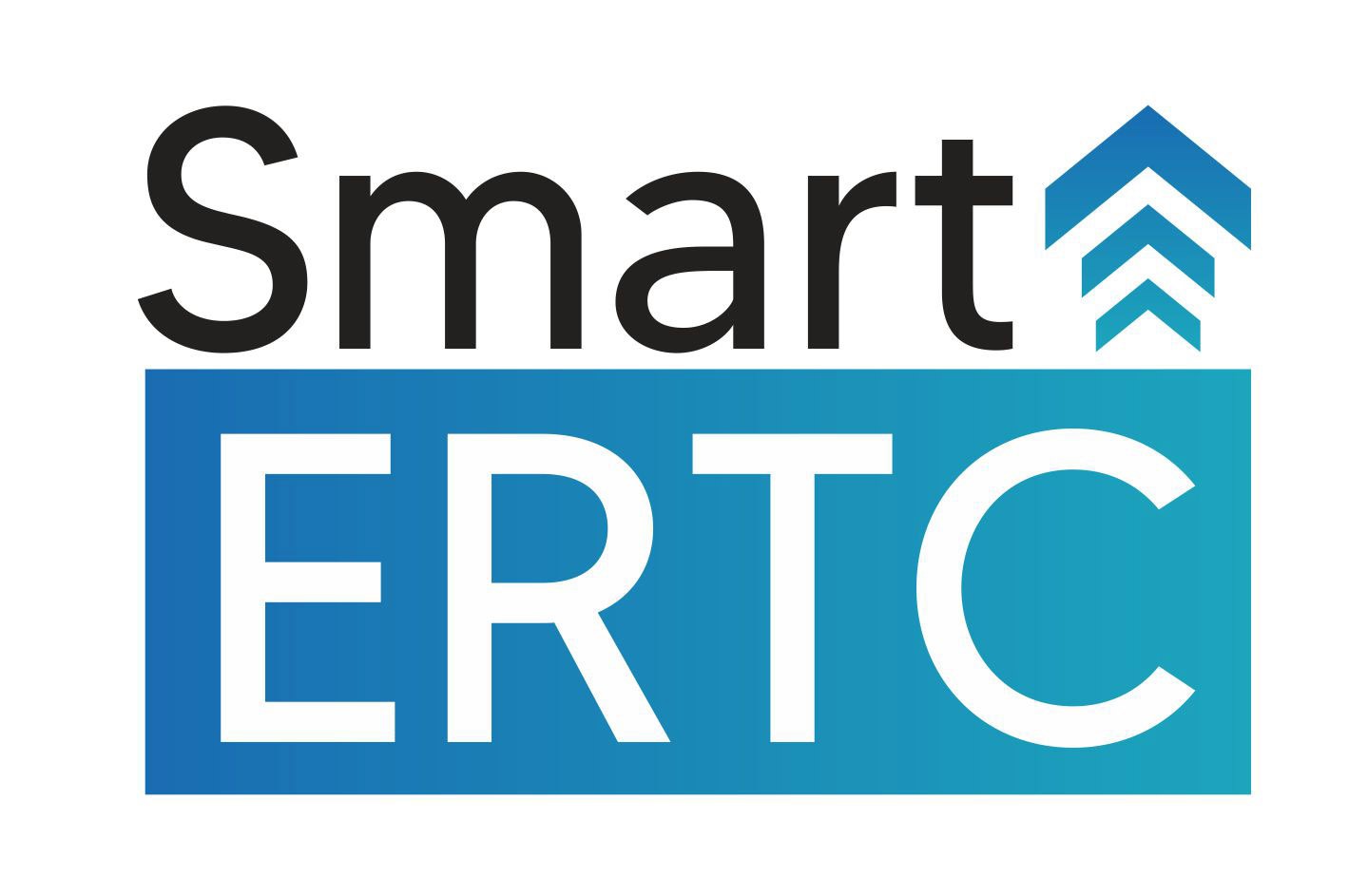
F.A.Q
Frequently Asked Questions
ERTC is open to employers across multiple industries, including education, childcare, retail, government contracting, healthcare, hospitality, industrial, non-profit, professional services, real estate, construction, and technology. However, self-employed individuals and state or local government employers are not eligible to receive the credit for their own wages or those of their government employees.
The CARES Act introduced two programs to support businesses in retaining their workforce: the Payroll Protection Program (PPP), administered by the Small Business Administration (SBA), and the Employee Retention Tax Credit (ERTC), administered by the IRS. Initially, entities that received PPP loans in the first round of relief were not eligible to apply for the ERTC tax credit. However, the regulations have changed with the Consolidated Appropriations Act, 2021 (CAA) on December 27, 2020, which now allows eligible parties to receive benefits from both PPP loans and the ERTC. Those who received PPP loans may also be eligible for the ERTC retroactively dating back to March 12, 2020.
Yes, you may be eligible for year 2020 ERTC if
Your business was partially or totally impacted during any calendar quarter as a result of a COVID-19 federal, state, or local government order OR
Your business revenue dropped by 50% or more in any quarter of 2020 compared to the same quarter in 2019 or the immediately preceding quarter.
Yes, you may be eligible for year 2021 ERTC if
Your business was partially or totally impacted during any calendar quarter as a result of a COVID-19 federal, state, or local government order OR
Your business revenue dropped by 20% or more in any quarter of 2021 compared to the same quarter in 2019 or the immediately preceding quarter.
Decrease in Gross Receipts by 50% or more in 2020.
Decrease in Gross Receipts by 20% or more in 2021.
Social distancing
Limitation on gatherings
Reduced hours of operation
Capacity restrictions
Cleaning/sanitizing between appointments
Limitation on sale of alcohol
Employees required to work from home.
Pandemic-related gov’t mandates caused supply chain issues or service provider disruption.
Supply chain disruptions
Limitations on the number of people you could have in a room or building.
Inability to attend normal networking events.
Disruptions to your sales force’s ability to function normally.
Inability to work with vendors
Reduction to the services or goods offered to customers.
Shifting of hours of operations to increase facility sanitation
Delayed or canceled projects due to Covid related disruptions
In 2020, employers with 100 or fewer full-time employees, regardless of their work status, were eligible for the ERTC. However, under the revised law, the employee threshold has been increased, and in 2021, employers with 500 or fewer full-time employees, regardless of their work status, may qualify for the ERTC.
The PPP loans were only obtainable through the Small Business Administration (SBA). Unlike the PPP, there is no formal "application" process for the ERTC. You simply verify your eligibility for the credit, just like with any other tax credit, and claim it on your tax returns. To claim the ERTC tax credit:
File a Form 941 Employer Quarterly Tax Filing.
To claim a credit for prior quarters, file an amended form (Form 941-X) to reduce your current quarter's tax contribution and request a refund.
You can even estimate the ERTC credits you will receive in advance of allocating payroll, allowing you to file a Form 7200 to receive a cash advance promptly.
The ERTC credits are claimed against employment taxes on Form 941 and a cash advance is obtained through Form 7200. Your accountant may be occupied with handling your Federal and State Income Tax Returns and may not have the capacity to manage your ERTC claim as well. Likewise, while bookkeepers have access to the necessary documentation, they may not have the time or expertise to familiarize themselves with the intricate and extensive regulations involved in ERTC calculations, including the CARES Act, PPP Payroll Flexibility Act, the Consolidated Appropriations Act, 2021 (CAA), and the accompanying IRS interpretations. To ensure that you receive your tax payroll credits efficiently, we have a dedicated team of advisors with a singular focus on expediting the process for you.
Churches and religious organizations that faced government-mandated limitations on gatherings or a substantial decrease in revenue can be eligible for the Employee Retention Tax Credit (ERTC)
